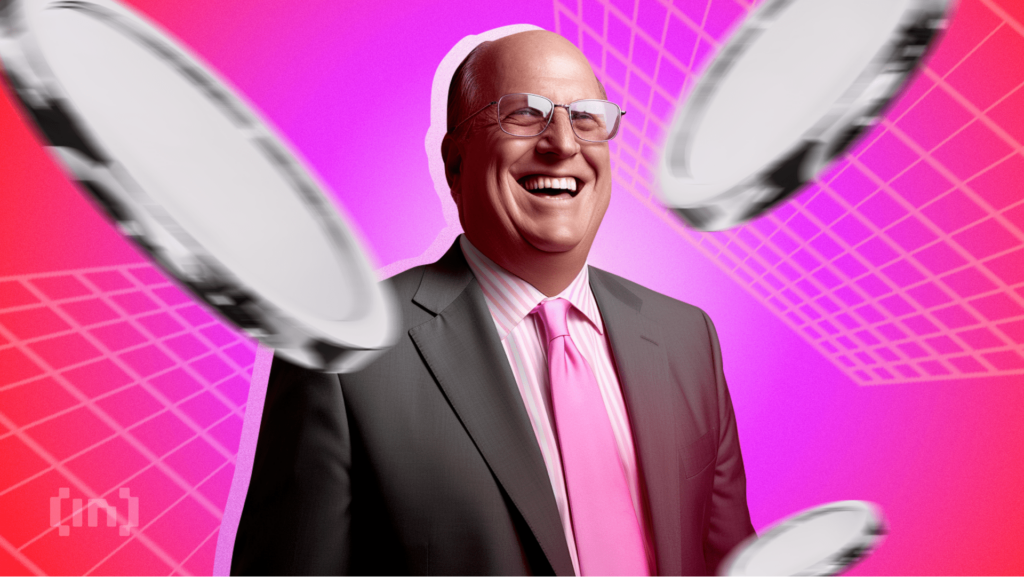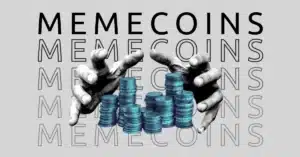Blackrock set a new record for real world assets

BlackRock's USD Institutional Digital Liquidity Fund (BUIDL) has become the world's largest blockchain-certified treasury fund.
This achievement follows Franklin Templeton's Franklin Onchain US Government Fund (BENJ) outperforming the market. The event marks a pivotal moment in the integration of digital asset management with traditional financial systems.
BlackRock BUIDL achieved a monthly growth of 36.5%.
Launched six weeks ago, BUIDL has attracted market attention and raised a market capitalization of $375 million. In contrast, the BENJI fund, previously the leader in this area, currently has a market value of 368 million dollars.
According to chain analyst Tom Wan, BUIDL's value rose 36.5 percent in April, from $274 million to $375 million. In contrast, Benji's growth was modest, rising 2.1 percent from $360 million to $368 million over the same period. In addition, BUIDL's latest raise included $95 million from Ondo Finance's OUSG token.
Read more: What is Tokenization on Blockchain?
Franklin Templeton pioneered BENJI in 2021, establishing it as the first US registered fund to use public blockchain to streamline trading and share ownership capture. BENJI tokens, based on the Stellar (XLM) and Polygon (MATIC) blockchains, uniquely represent the fund's share.
Despite BENJI's innovative approach, BlackRock BUIDL quickly rose to the top, highlighting the rapid adoption and potential of blockchain in mainstream financial services.
BlackRock CEO Larry Fink supports the tokenization of real-world assets. He believes that the application on the chain will bring more efficiency to the capital markets. This sentiment echoes a broader trend in property tokenization.
Although the overall demand for these alternative products remains at a nascent stage, certain segments, as exemplified by BUIDL, are showing promising demand. Wan points out that liquidity is a primary concern for investors in tokenized stocks, funds or bonds.
“Even if the end investors are crypto natives, they will be reluctant to invest in tokenized stocks due to thin liquidity. As a result, it creates a chicken and egg problem. “Issuers do not see a clear advantage in chaining their assets with low demand,” said Wan.
However, he acknowledged the huge market for US Treasuries in the crypto domain. He then cited Ondo's holdings of about $350 million as an example.
Read more: What is Real World Asset (RWA) Token Impact?
In January 2023, the amount of tokenized government securities increased in particular, growing from 0.1% to 1.4% of the total token value today. Therefore, Wan predicts that this trend will accelerate, driven by technological advances and growing investor preferences.
Disclaimer
Adhering to the Trust Project guidelines, BeInCrypto is committed to unbiased, transparent reporting. This newsletter aims to provide accurate and up-to-date information. However, readers are advised to independently verify facts and consult with experts before making any decisions based on this content. Please note that our terms and conditions, privacy policies and disclaimers have been updated.













